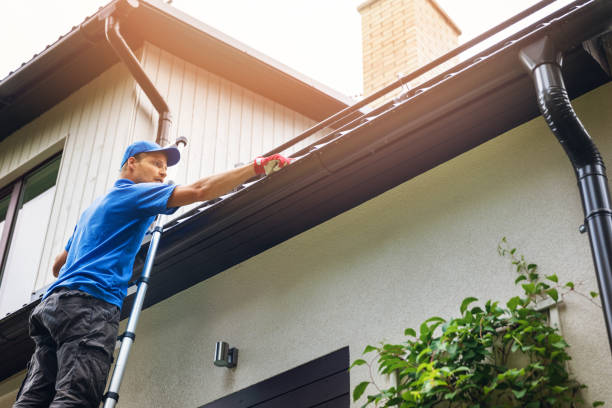Transform Your Digital Presence with Expert SEO and SEM Services Tailored for Success
Transforming your digital presence through expert SEO Search Engine Optimization and SEM Search Engine Marketing services can significantly enhance your online visibility and drive substantial business growth. SEO and SEM are integral components of a comprehensive digital marketing strategy, each offering unique benefits to boost your online presence. SEO focuses on improving your website’s organic search rankings, making it easier for potential customers to find you through search engines like Google. Expert SEO services involve a meticulous approach to optimizing various elements of your website, including keyword research, on-page optimization, and technical SEO. By identifying and targeting relevant keywords, your content can be tailored to match what users are searching for, thereby increasing the likelihood of attracting qualified traffic. Additionally, improving website structure, enhancing page load speeds, and ensuring mobile-friendliness contribute to a better user experience and higher search engine rankings. Another crucial aspect of SEO is off-page optimization, which involves building high-quality backlinks from reputable sources.
These backlinks act as endorsements of your site’s credibility and authority, further boosting your search engine rankings. Expert SEO services employ strategic link-building techniques and foster relationships with industry influencers to generate valuable backlinks and enhance your site’s authority. On the other hand, SEM encompasses paid search advertising strategies designed to generate immediate visibility and drive targeted traffic. SEM services include the creation and management of pay-per-click PPC campaigns, such as Google Ads, to place your ads at the top of search results. By carefully selecting and bidding on relevant keywords, your ads can reach users actively searching for products or services you offer. Expert 百度SEM services involve constructing compelling ad copy, designing optimized landing pages, and continually monitoring and adjusting campaigns to maximize performance and ROI.
An effective SEM strategy also includes leveraging advanced targeting options, such as geographic targeting, demographic targeting, and retargeting. These features allow you to refine your audience reach, ensuring that your ads are shown to individuals most likely to convert. Additionally, regular performance analysis and data-driven insights help in optimizing ad spend and improving campaign results over time. Combining SEO and SEM services offers a holistic approach to digital marketing. While SEO provides long-term, sustainable growth through organic search visibility, SEM delivers immediate results and targeted traffic through paid advertising. Expert services in both areas ensure that your digital presence is optimized for maximum impact, balancing immediate visibility with enduring search engine rankings. In summary, transforming your digital presence with expert SEO and SEM services involves a strategic blend of optimizing your website for organic search and leveraging paid search advertising. By employing tailored strategies and ongoing optimization, these services enhance your online visibility, drive targeted traffic, and ultimately contribute to your success in the competitive digital landscape.
Read more

